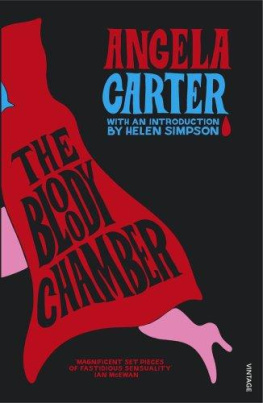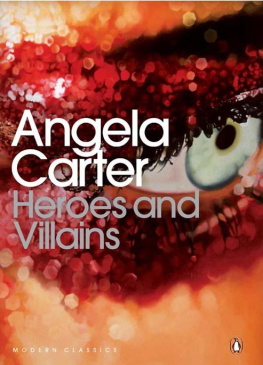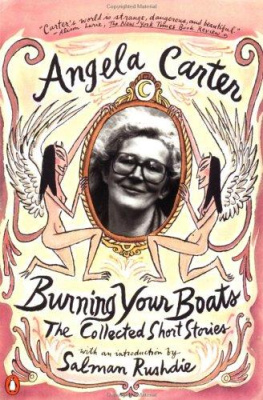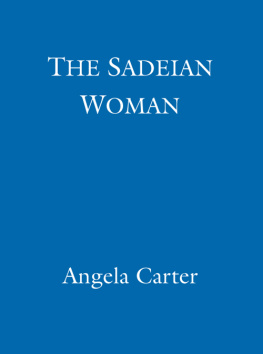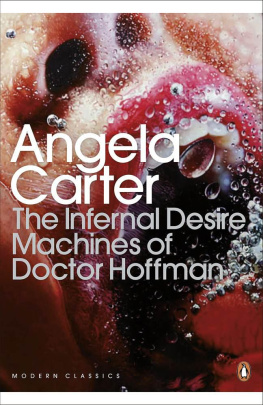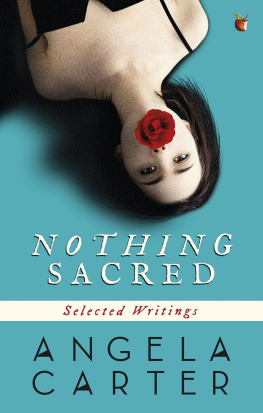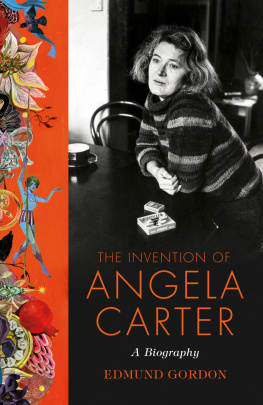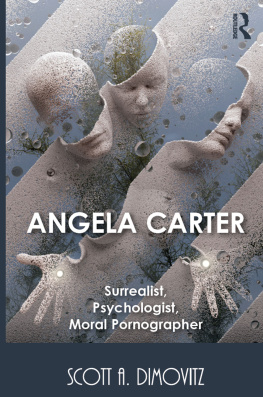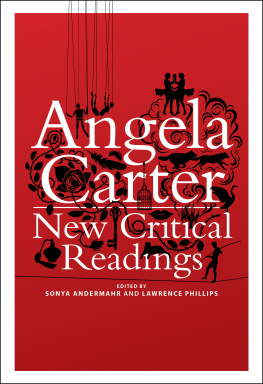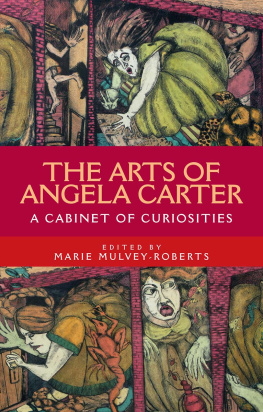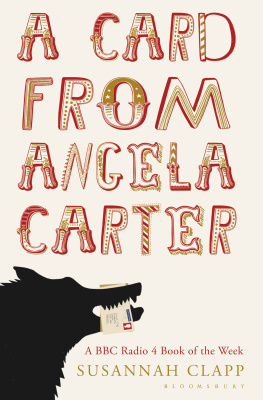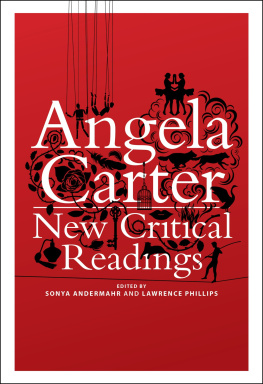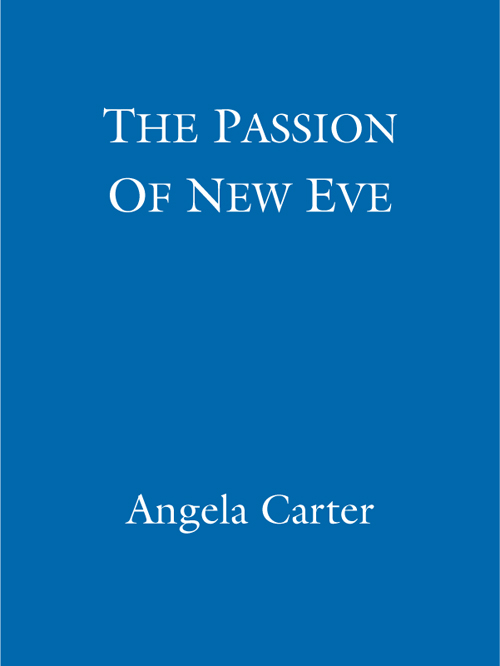Published by Virago
ISBN: 978-0-34900-817-2
All characters and events in this publication, other than those clearly in the public domain, are fictitious and any resemblance to real persons, living or dead, is purely coincidental.
Copyright 1977 Angela Carter
The moral right of the author has been asserted.
All rights reserved. No part of this publication may be reproduced, stored in a retrieval system, or transmitted, in any form or by any means, without the prior permission in writing of the publisher.
The publisher is not responsible for websites (or their content) that are not owned by the publisher.
Virago
Little, Brown Book Group
Carmelite House
50 Victoria Embankment
London EC4Y 0DZ
www.littlebrown.co.uk
www.hachette.co.uk

VIRAGO
MODERN CLASSICS
96
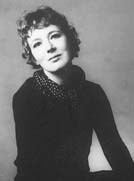
Angela Carter
Angela Carter (19401992) was born in Eastbourne and brought up in south Yorkshire. One of Britains most original and disturbing writers, she read English at Bristol University and wrote her first novel, Shadow Dance, in 1965. The Magic Toyshopwon the John Llewellyn Rhys Prize in 1969 and Several Perceptionswon the Somerset Maugham Prize in 1968. More novels followed as well as her 1974 translation of the fairy tales of Charles Perrault, and in the early nineties she edited The Virago Book of Fairytales(2 vols). Her journalism appeared in almost every major publication; a collection of the best of these pieces was published by Virago in Nothing Sacred(1982). She also wrote poetry and a film script together with Neil Jordan of her story The Company of Wolves. Her last novel, Wise Children, was published to widespread acclaim in 1991. Angela Carters death at age fifty-one in February 1992 robbed the English literary scene of one of its most vivacious and compelling voices ( Independent).
Fiction
Shadow Dance
The Magic Toyshop
Several Perceptions
Heroes and Villains
Love
The Infernal Desire Machines of Doctor Hoffman
Fireworks
The Passion of New Eve
The Bloody Chamber
Nights at the Circus
Black Venus
Wise Children
American Ghosts And Old World Wonders
Non-fiction
The Sadeian Woman: an Exercise in Cultural History
Nothing Sacred
The Virago Book of Fairytales (editor)
Expletives Deleted
The last night I spent in London, I took some girl or other to the movies and, through her mediation, I paid you a little tribute of spermatozoa, Tristessa.
A late show, a crowded cinema. The drunks all stubbornly remained unmoved and jeered, laughed and catcalled throughout your film though sibilantly hushed by pairs of sentimental queers who, hand in hand, had come to pay homage to the one woman in the world who most perfectly expressed a particular pain they felt as deeply as, more deeply than, any woman, a pain whose nature I could not then define although it was the very essence of your magic. The film stock was old and scratched, as if the desolating passage of time were made visible in the rain upon the screen, audible in the worn stuttering of the sound track, yet these erosions of temporality only enhanced your luminous presence since they made it all the more forlorn, the more precarious your specious triumph over time. For you were just as beautiful as you had been twenty years before, would always be so beautiful as long as celluloid remained in complicity with the phenomenon of persistence of vision; but that triumph would die of duration in the end, and the surfaces that preserved your appearance were already wearing away.


